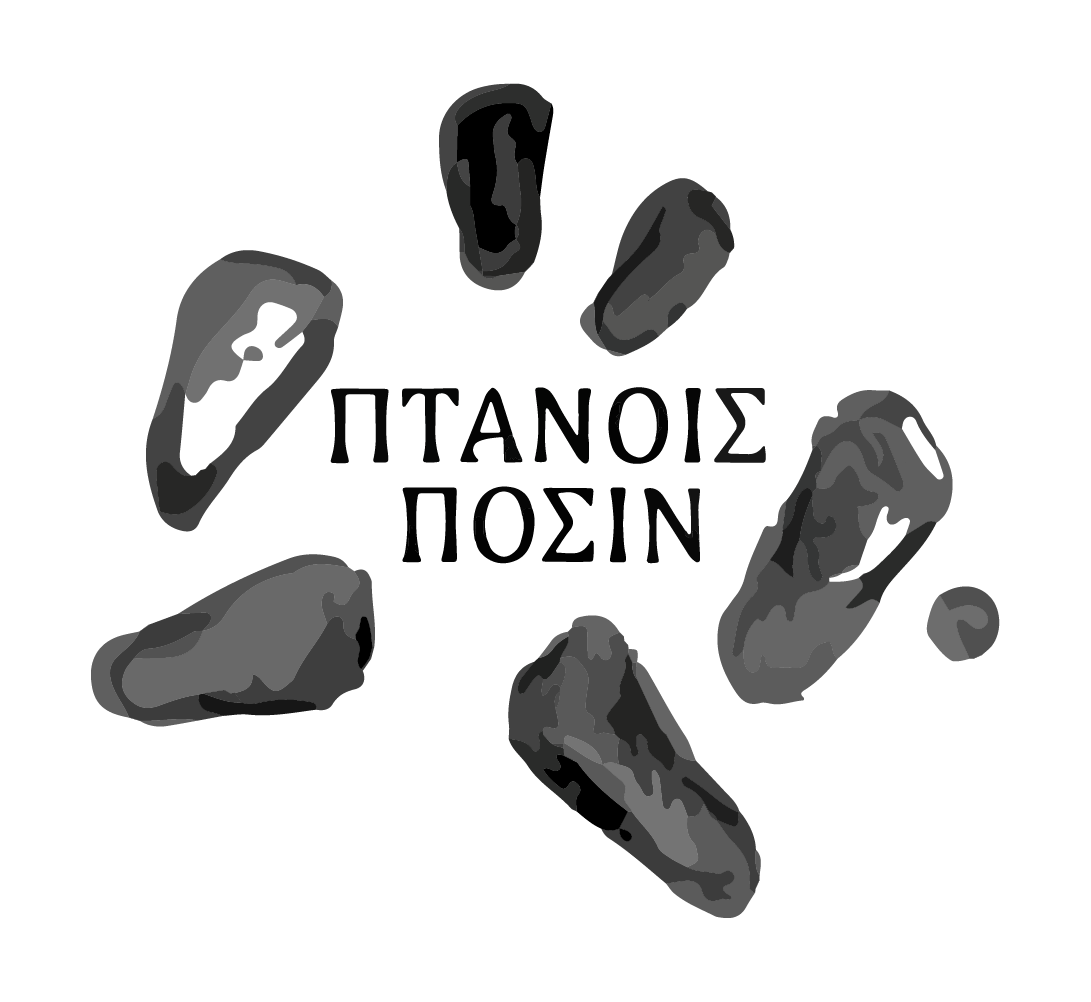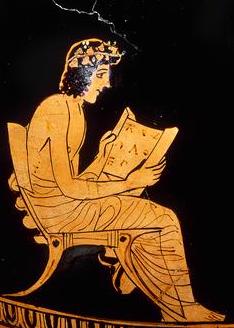FD III 2, 190
Aristonoos from Corinth: hymnographer
Date:
270/269 BC
Edition:
Δελφοὶ ἔδωκαν Ἀριστονό[ωι, ἐπεὶ]
τοὺς ὕμνους τοῖς θεοῖς ἐπο[ίησεν],
αὐτῶι καὶ ἐκγόνοις, προξ[ενίαν],
εὐεργεσίαν, προμαντείαν, πρ[οεδρίαν],
προδικίαν, ἀσυλίαν πολέμου [καὶ εἰ]-
ρήνης, ἀτέλειαν πάντων, καὶ ἐπιτι-
[μὰ]ν καθάπερ Δελφοῖς. ἄρχοντος
[Δα]μοχάρεος, βουλευόντων
Ἀ]ντάνδρου, Ἐρασίππου, Εὐαρχίδα.
Translations (en):
“The citizens of Delphi granted Aristonoos, since he composed hymns to the gods, and his descendants the proxeny, euergesia, priority of access to the oracle, privileged seating at the festivals, priority in legal judgements, immunity for his possessions in time of peace and war, exemption from all taxes and the rights belonging to citizens of Delphi. Under the archonship of Damochares; Antandros, Erasippos, Euarchidas were bouleutai.”
Translations (it):
“I Delfi concessero ad Aristonoos, poiché compose degli inni agli dei, a lui e ai discendenti, la prossenia, l’evergesia, il diritto di precedenza nella consultazione dell’oracolo, la proedria, il diritto di precedenza in giudizio, l’immunità per i propri beni in guerra e in pace, l’esenzione da tutte le tasse e la fruizione dei diritti come per i cittadini di Delfi. Sotto l’arcontato di Damochares, essendo buleuti Antandros, Erasippos, Euarchidas.”
Commentary (en):
In this proxeny decree, Aristonoos from Corinth is qualified as composer of hymns to the gods. On the same stone, a hymn in six stanzas dedicated to Apollo (FD III 2, 191) is inscribed. A second base bears
another hymn by the same poet (FD III 2, 192) dedicated to Hestia.
Commentary (it):
Nello scarno decreto di prossenia che lo riguarda, Aristonoos di Corinto è brevemente qualificato come poeta di inni agli dei. Sulla stessa base è inciso un inno in sei strofe dedicato dal poeta ad Apollo. Una seconda base conserva un altro inno di Aristonoos, questa volta in onore di Hestia.
Bibliography:


